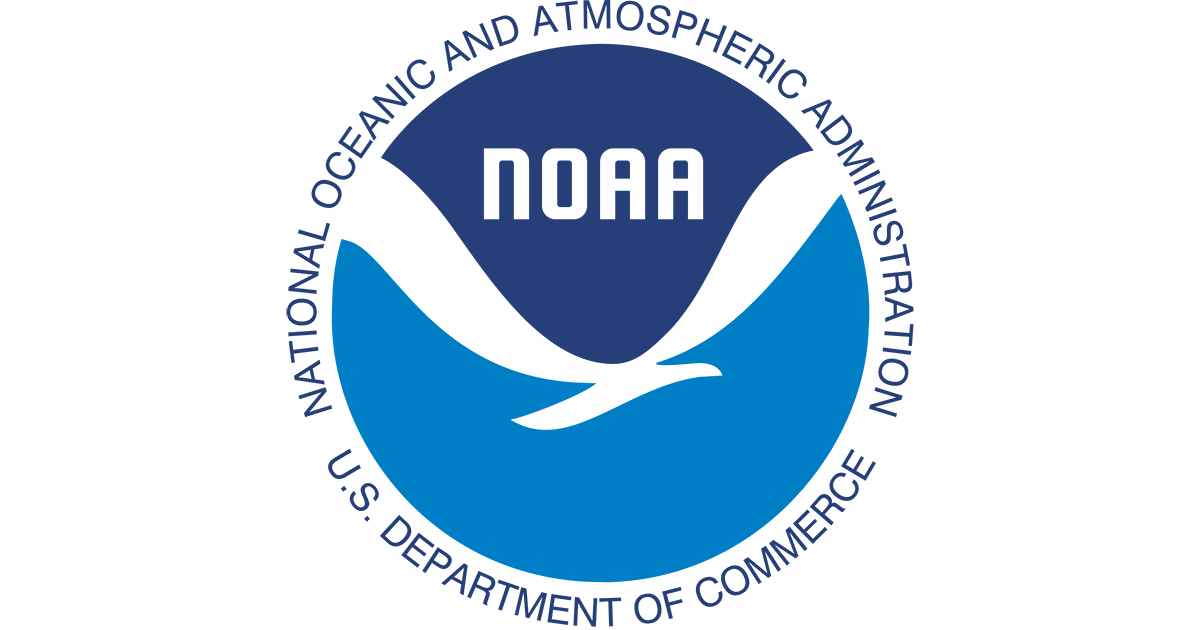This position is located in the Southeast Fisheries Science Center (SEFSC); Fisheries Assessment, Technology, & Engineering Support (FATES) Division, with one vacancy, in Beaufort, NC.
Duties
As a Research Fish Biologist, you will perform the following duties:
- Conduct and support research, focusing on life history (i.e., fish ageing, growth, and reproduction), fishery ecology, and population dynamics, to support stock assessments and improve management advice for reef fish, coastal pelagic, and highly migratory species. Fish ageing is a primary function.
- Communicate and coordinate with staff and partners in assessing needed fishery biology and life history data and research, planning research, meeting operational deadlines, and communicating data and scientific findings.
- Assist with design and maintenance of life history databases and ensure all data are included in formats that will be available for future access and analysis. Coordinate compilation of relevant age or reproduction data for stock assessments. Ensure availability of data to the agency and public, as specified in agency policies.
Qualifications
BASIC REQUIREMENTS: This position has a positive Education Requirement in addition to at least one year of Specialized Experience OR substitution of education for experience OR combination (if applicable) in order to be found minimally qualified. Transcripts must be submitted with your application package. You MUST meet the following requirements:
- Degree: Applicants must show that they have a degree with major study in biology, zoology, or biological oceanography that included at least 30 semester hours in biological and aquatic science and 15 semester hours in the physical and mathematical sciences. This course work must have included:
- At least 15 semester hours of preparatory training in zoology beyond introductory biology or zoology in such courses as invertebrate zoology, comparative anatomy, histology, physiology, embryology, advanced vertebrate zoology, genetics, entomology, and parasitology; and;
- At least 6 semester hours of training applicable to fishery biology in such subjects as fishery biology, ichthyology, limnology, oceanography, algology, planktonology, marine or freshwater ecology, invertebrate ecology, principles of fishery population dynamics, or related course work in the field of fishery biology; and
- At least 15 semester hours of training in any combination of two or more of the following: chemistry, physics, mathematics, or statistics.
Salary: $72,553 - $158,860 per year
Closing Date: April 24, 2024





